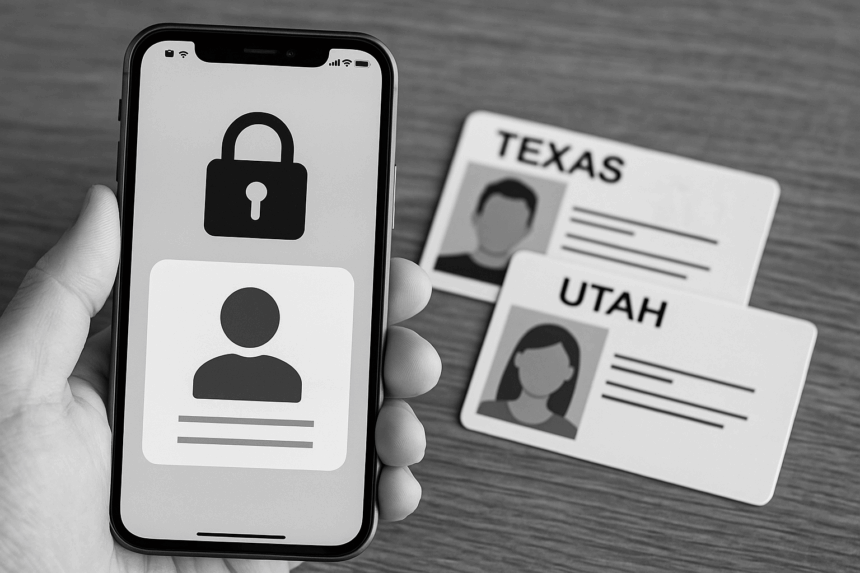Texas recently passed a law requiring Apple and Google to verify the ages of all users on their app stores. This legislation follows a similar rule in Utah and raises the stakes for how tech giants handle age verification. The new law aims to protect children online by ensuring parental consent and accurate age checks before minors can download or purchase apps.
What’s Happening & Why This Matters
Governor Greg Abbott signed the Texas App Store Accountability Act into law, mandating that Apple’s App Store and Google Play verify the age of every user. Enforcement is scheduled to start early next year, allowing app stores time to develop methods for collecting the required data.

Unlike Utah’s version, Texas requires app stores also to confirm that the parent or guardian approving a minor’s activity holds legal authority over that child. This adds another layer of scrutiny and responsibility.
App stores must categorize users by age group — child, young teenager, older teenager, or adult — and share this data with app developers. This aims to help developers create safer experiences tailored to users’ ages.
Despite the law’s protective intent, Apple and Google warn that the requirements could threaten privacy. Every user must submit personal data, such as ID scans or facial recognition, even if age verification is irrelevant to their app usage. The law’s custody confirmation also forces parents to share more sensitive documentation.
Legal experts express concern over potential clashes with the First Amendment. Adults may have to choose between providing personal data or accessing protected online speech. Similarly, minors need parental consent to access legally protected content.
Apple proposes a balanced solution with a new “age assurance” feature. This lets parents share age ranges with developers without requiring marketplaces to hold sensitive documents. A spokesperson clarified that this approach does not require collecting passports or driver’s licenses from all users.
Meanwhile, Google has yet to comment publicly on the Texas law.

Interestingly, some social media platforms, such as Meta, Snap, and X, support centralized age verification through app stores. They argue that this approach reduces the need for users to share personal information across different platforms repeatedly.
The new law arrives amid growing criticism of online platforms for exposing youth to harmful content like sexual harassment and eating disorders. The rise of AI chatbots presents new challenges for teen online safety. Critics note that teens often bypass safety features by falsifying birthdates, pushing calls for stricter verification.
Governor Abbott’s office emphasizes the law’s goal to empower parents with more control over what children see online. This move reflects a broader push for stricter regulation around online youth safety.
TF Summary: What’s Next
Texas’s law sets a new standard for age verification in digital marketplaces. It creates tighter controls but also stirs debate over privacy and free speech. The challenge for Apple, Google, and developers will be to strike a balance between protecting users and upholding their rights. How these companies implement age verification will shape the future of online safety for minors.
The upcoming months will be critical as app stores test verification methods and negotiate with lawmakers. Watch for updates on how other states respond and whether this approach becomes a nationwide model.


